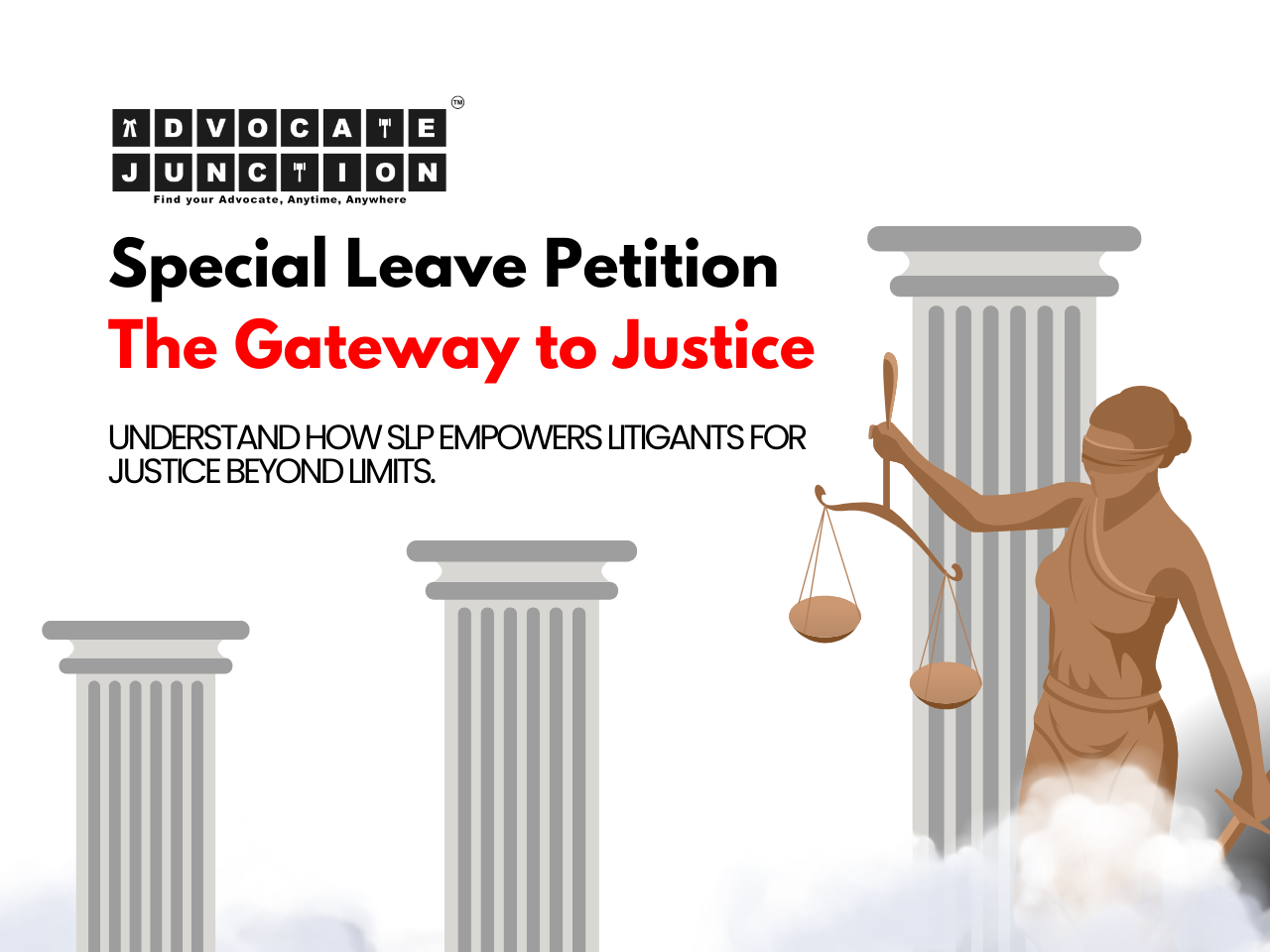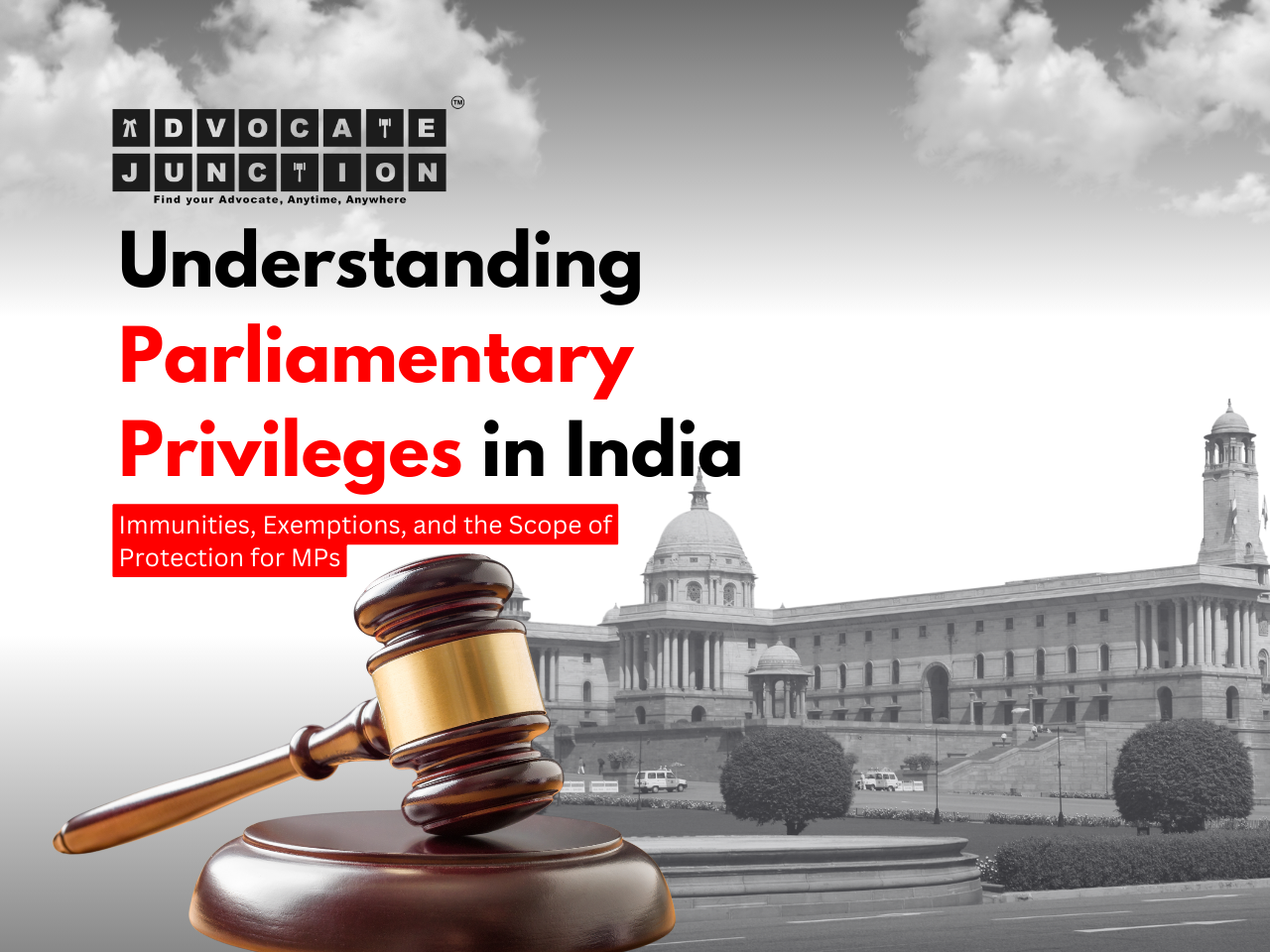Special Leave Petition (SLP) is a discretionary appeal mechanism provided by the Supreme Court of India under Article 136 of the Constitution of India, 1950. This provision allows individuals to seek special permission to appeal against any judgment, decree, or order from any court or tribunal in India, with the exception of those related to the Armed Forces.
The unique aspect of an SLP is that it provides a pathway to the Supreme Court in cases where no direct right of appeal exists. The power to grant special leave rests entirely with the Supreme Court, which has the discretion to accept or reject a petition without offering reasons. This discretionary nature underscores the selective and extraordinary character of SLPs.
SLPs can be filed in both civil and criminal matters and are typically invoked when there is a substantial question of law or a perceived miscarriage of justice. They act as a critical legal remedy for litigants who have exhausted all other avenues, offering a final recourse to seek justice.
If the Supreme Court grants leave, the SLP is converted into an appeal, allowing the case to be heard in full. This process ensures that even the most complex and exceptional cases have an opportunity for reconsideration, reinforcing the Supreme Court’s role as the ultimate arbiter of justice in India.





